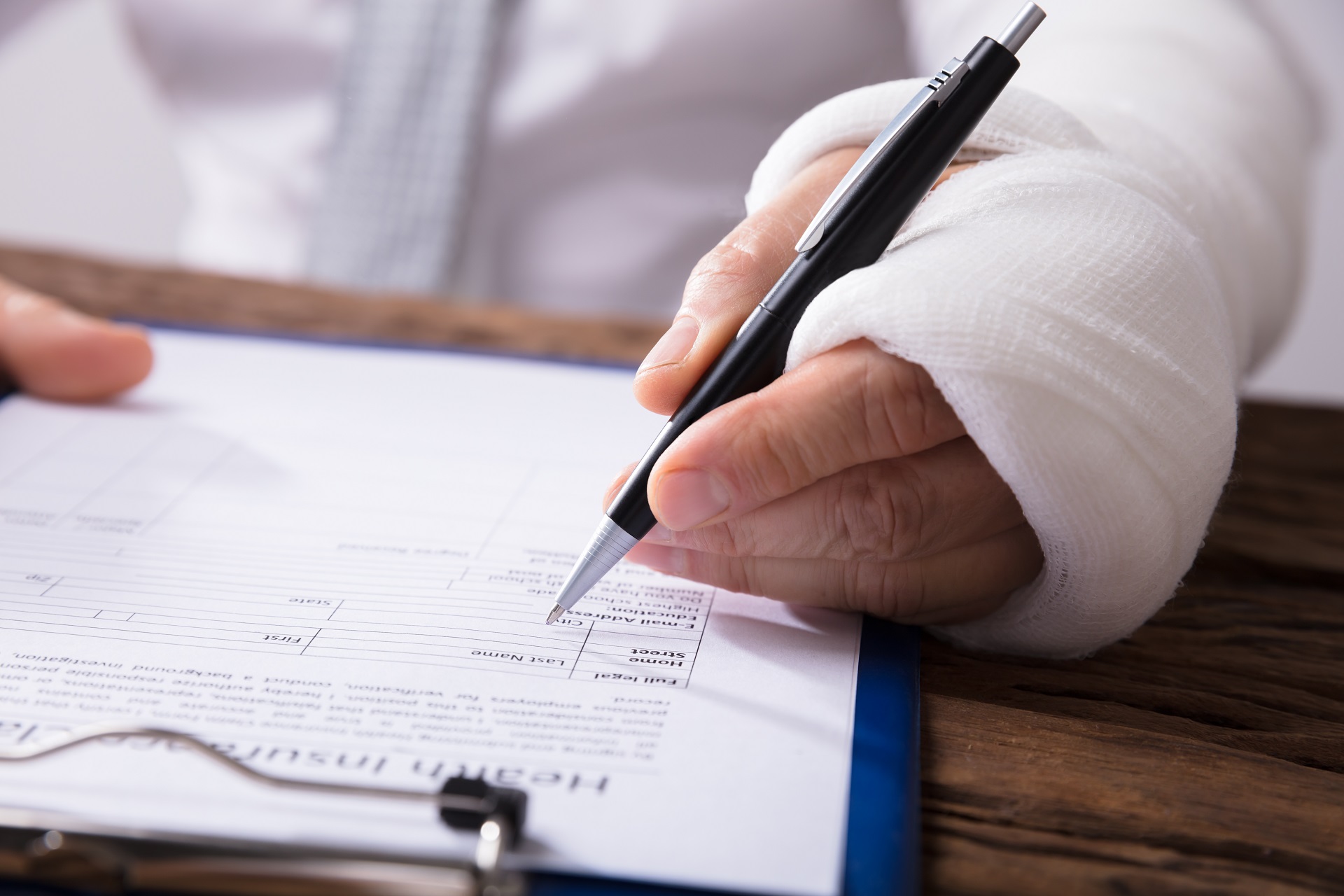Have you ever sat at a red stop light, minding your business, when you saw headlights coming from behind at a high rate of speed? Will the car stop in time? Will it swerve and miss me? Should I try to get out of the way, but possibly cause harm to somebody else?
Before you can react, CRASH, you are hit.
You are taken from the crash site by ambulance without seeing that the driver of the car that hit you was drunk. Alcohol and/or pain killers and/or both, the driver of the other car did not see you stopped at the intersection and did not see the red stop light; and even if they did, they did not react.
When you are released from the hospital, you call your automobile insurance company to report the accident. As you hang up after being cross-examined by your insurance company claims representative, you get a telephone call from the insurance company representing the other driver.
The claims representative wants to know what parts of your body were hurt and did you have any pre-existing injuries. The defendant’s claims representative always wants to know if you have any pre-existing condition so they can claim you were not hurt here, but were hurt before. Did you have any previous accidents they can blame your injuries on so this insurance company does not have to pay?
It turns out the drunk driver survived the crash. While you struggle with pain, disability, lack of finances, headaches, backaches, and depression caused by being injured and in pain with no end in sight, the driver who hit you was dealing with demons of their own and lost the war, succumbing a month after the crash due to other health issues.
Can you sue the drunk driver who is now deceased?
Of course you can, according to the Code of Civil Procedure. You can obtain all measures of damages except punitive damages. In other words, the fact the driver who hit you was drunk will not avail you of the benefit of punitive damages, like it would if he lived. Punitive damages are the only component of damages you cannot legally receive. Of course, the amount of damages depends on the drunk driver’s automobile insurance and/or estate resources.
Punitive damages are awarded to injured parties beyond what is actually suffered as a deterrent to punish the wrongdoer for their acts. Punitive damages against the tortfeasor are theoretically designed to prevent the wrong-doer from continuing to act in a malicious way. If the defendant is dead, the punitive damages can have no deterrent effect and therefore cannot be awarded. Punitive damages are not awarded based on the injured person’s needs or wants, punitive damages are based on the wrong-doers’ guilt, ability to pay, and maliciousness of conduct.
Evans v. Gibson (1934) 220 Cal.476; Whelan v. Rallo (1997) 52 Cal.App.4th 989, California Code of Civil Procedure §377.20, CCP §377.42.





